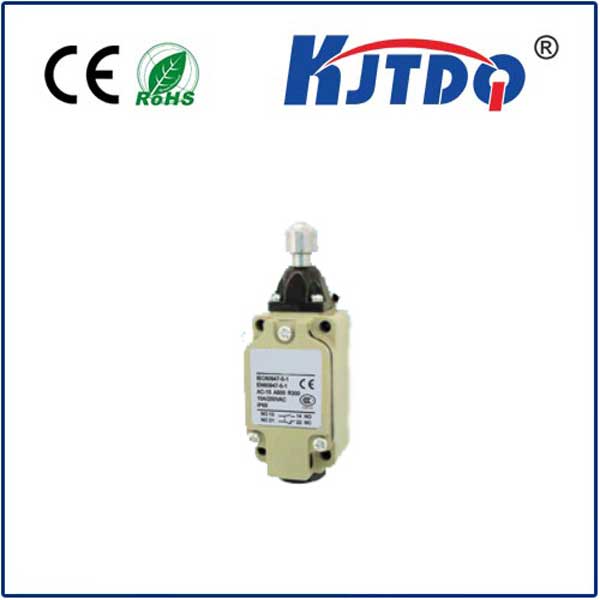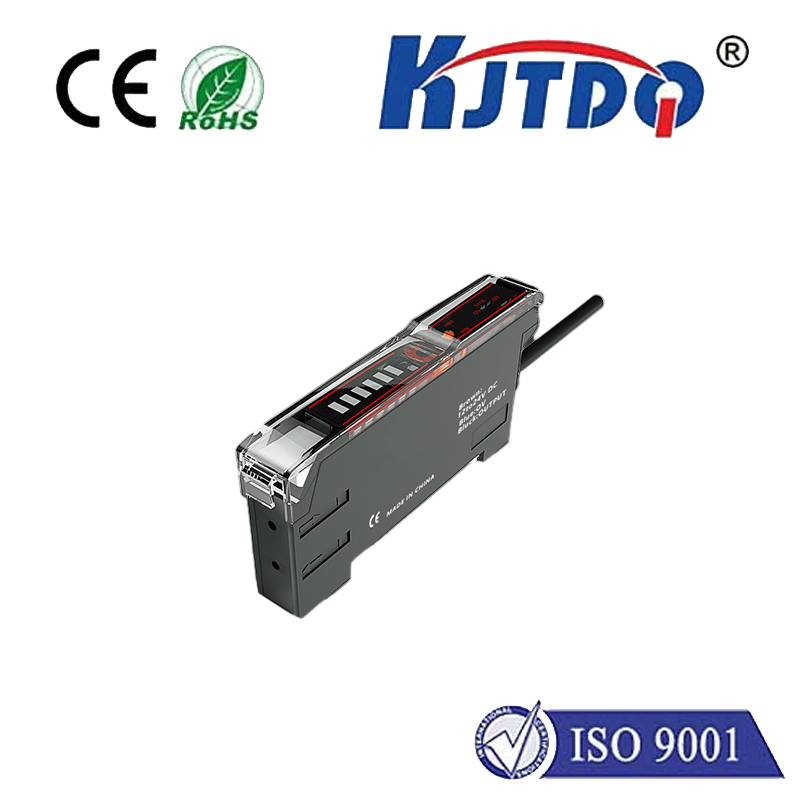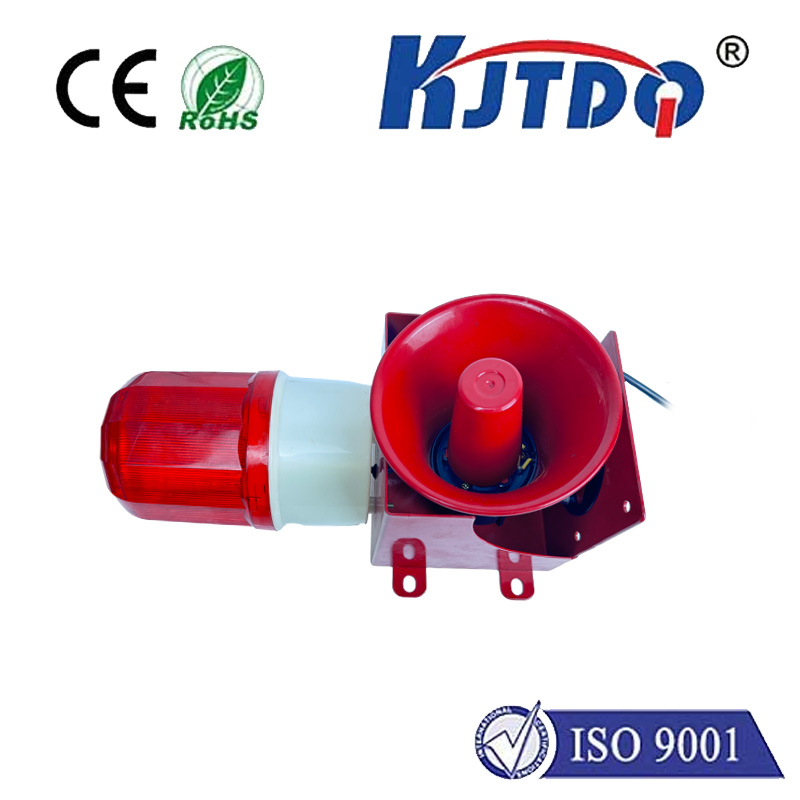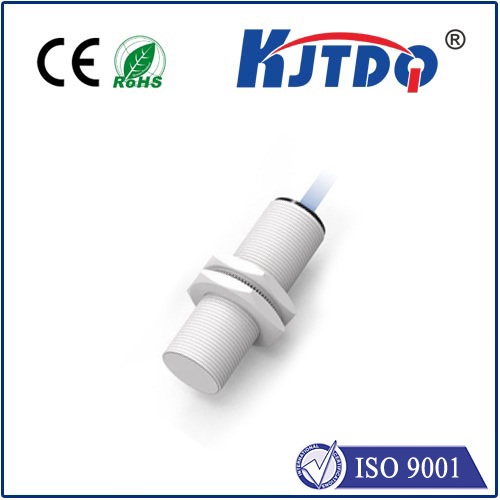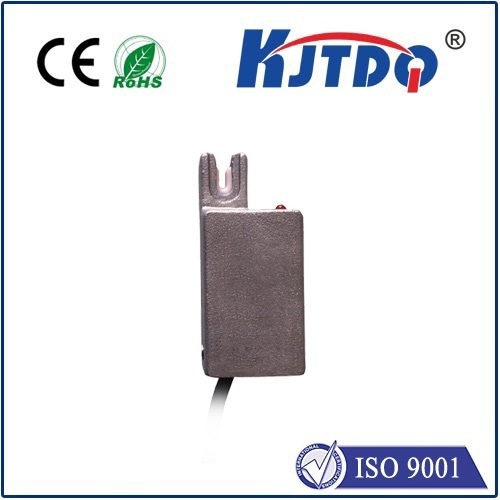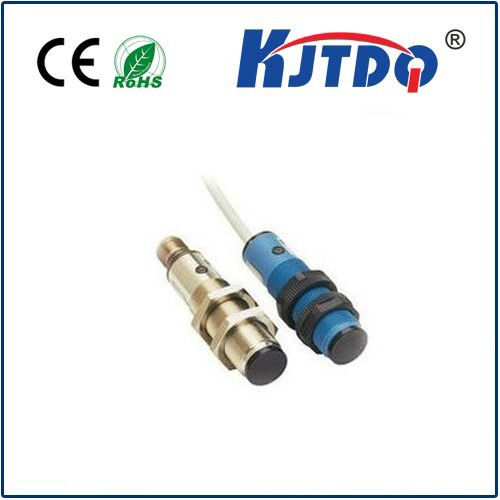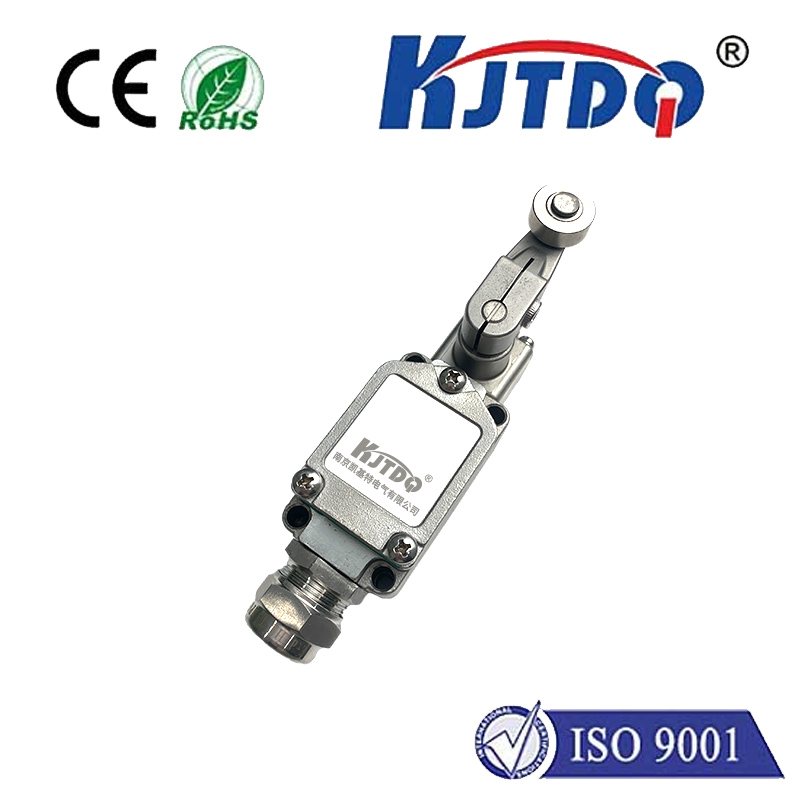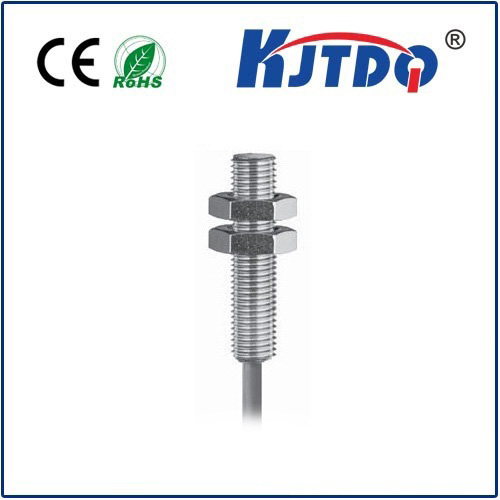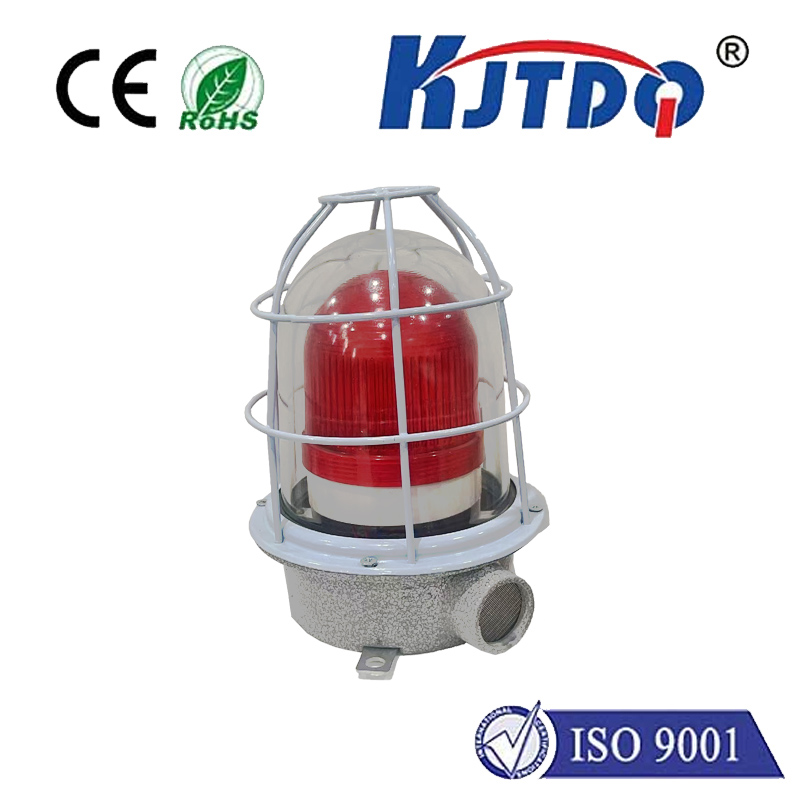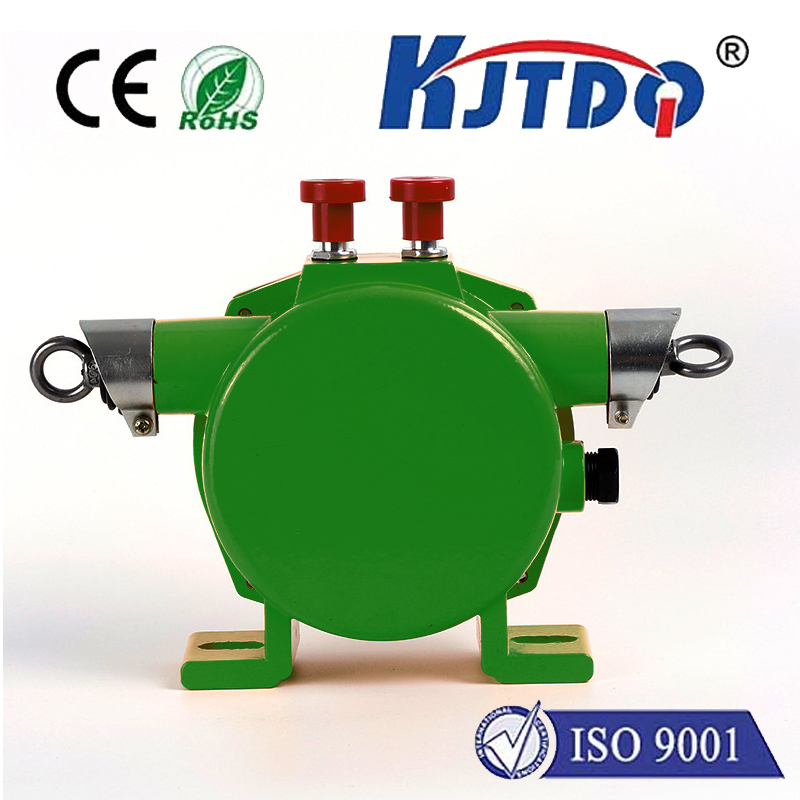
check

check

check

check
The advancement of digital technology has revolutionized the way we interact with the world around us. Among the many innovations that have emerged, digital CMOS laser sensors stand out as a game-changer in the field of sensing technology. These sensors are poised to transform various industries by offering unparalleled accuracy, speed, and efficiency in data collection and analysis. In this article, we will delve into the features and benefits of digital CMOS laser sensors and explore their potential applications in today's rapidly evolving technological landscape.
What Are Digital CMOS Laser Sensors?
Digital CMOS (Complementary Metal-Oxide-Semiconductor) laser sensors are sophisticated devices that combine the high-speed capabilities of CMOS image sensors with the precision of laser technology. These sensors employ an array of photodiodes that convert light signals into electrical signals, which can then be processed by onboard circuitry to produce digital outputs. Unlike traditional analog sensors, digital CMOS laser sensors offer superior noise immunity and dynamic range, enabling them to capture finer details and operate effectively under various lighting conditions.
Key Features of Digital CMOS Laser Sensors
1. High-Resolution Imaging: Digital CMOS laser sensors boast impressive resolution capabilities, allowing for highly detailed imaging and precise measurement of objects and surfaces. This feature is particularly useful in applications such as industrial inspection, where detecting minute defects or imperfections is crucial.
2. Fast Data Processing: The digital nature of these sensors enables rapid conversion of light signals into digital data, resulting in faster processing times compared to their analog counterparts. This characteristic makes them ideal for real-time applications, such as robotics and autonomous vehicles, where quick decision-making based on sensory input is essential.

3. Low Power Consumption: Digital CMOS laser sensors are designed to consume minimal power while maintaining high performance levels. This energy efficiency is especially beneficial for portable devices or systems operating on battery power, extending their operational life between charges.
4. Robustness and Reliability: These sensors are constructed using advanced semiconductor processes, ensuring they can withstand harsh environmental conditions without sacrificing performance. Their durability makes them suitable for outdoor use or deployment in challenging environments like factories or laboratories.
Applications of Digital CMOS Laser Sensors
The versatility of digital CMOS laser sensors means they have numerous potential applications across diverse sectors. Some examples include:
1. Automotive Safety: In vehicles equipped with advanced driver-assistance systems (ADAS), these sensors can provide accurate distance measurements and object recognition, enhancing safety features like automatic emergency braking and lane keeping assist.
2. Industrial Automation: In manufacturing settings, digital CMOS laser sensors can streamline quality control processes by quickly identifying defects in products moving along assembly lines. They can also facilitate precise machine vision tasks required for automated sorting and packaging operations.
3. Medical Imaging: Within the healthcare industry, these sensors can contribute to improved diagnostic tools by offering high-resolution images necessary for detailed examinations, potentially leading to earlier detection and treatment of diseases.
4. Environmental Monitoring: Digital CMOS laser sensors can play a role in monitoring air quality or tracking pollutants, providing valuable data for environmental protection efforts and informing policy decisions aimed at sustainable development.
5. Augmented Reality and Virtual Reality: As AR/VR technologies continue to evolve, digital CMOS laser sensors can enhance user experience by providing more realistic interactions with virtual environments through precise motion tracking and depth perception.
Conclusion
As we look ahead to the future of sensing technology, digital CMOS laser sensors stand out as a beacon of innovation. With their exceptional performance characteristics and broad applicability across various industries, these sensors are set to become integral components in tomorrow's smart systems and devices. From revolutionizing how we drive our cars to improving healthcare outcomes, digital CMOS laser sensors are poised to make significant contributions to our increasingly connected world.
